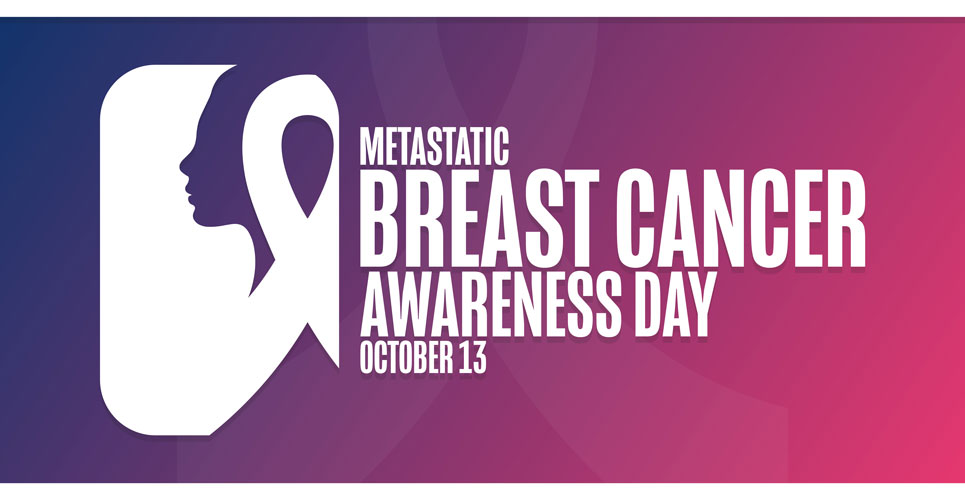A study funded by Breast Cancer Now will explore if the PARP inhibitor, talazoparib, could be used to treat people with incurable secondary breast cancer that has metastasised to the brain.
There are limited treatment options for people with secondary breast cancer that has spread to the brain and a lot of drugs are unable to reach these tumours because of the brain’s natural protection, meaning new treatment discoveries are urgently needed.
Talazoparib is a PARP inhibitor drug that works by preventing cancer cells with altered BRCA genes from repairing their DNA, forcing them to die. Although the drug is licensed for use in certain patients with BRCA mutated, HER2 negative locally advanced or secondary (metastatic) breast cancer, it has not been assessed for use on the NHS.
Now, a team led by Professor Leonie Young and Dr Damir Vareslija from RCSI University of Medicine and Health Sciences will investigate if the drug could be used to treat secondary breast cancer in the brain.
Through previous research, which analysed tumour samples donated by people whose breast cancer has spread to the brain, the team established that almost half of the tumours had changes in the way they repair their DNA and this could make these tumours vulnerable to PARP inhibitors like talazoparib.
The study is being funded by the Breast Cancer Now Catalyst Programme, which aims to accelerate progress in world-class breast cancer research through innovation and collaboration. As part of the Programme, Pfizer have provided Breast Cancer Now with funding through an independent medical research grant and given the charity’s researchers access to several Pfizer medicines.
Professor Leonie Young, Professor in the Department of Surgery at RCSI University of Medicine and Health Sciences said: “Our previous research has shown that, in many cases, secondary breast cancer tumours in the brain have changes in the way they repair their DNA and we believe this could make them vulnerable to PARP inhibitor drugs like talazoparib.
“People are always at the heart of the research we do and we are always trying to answer questions that are important to our patients. The support of Breast Cancer Now will enable us to learn more about the effectiveness of these powerful drugs to hopefully treat people with secondary breast cancer which has spread to the brain in the future.”
Dr Simon Vincent, Director of Research, Support and Influencing at Breast Cancer Now, said: “An estimated 35,000 people in the UK are living with incurable secondary breast cancer, and the fear and uncertainty around when this devastating disease will cut their lives short. We desperately need to discover new ways to treat this incurable disease, including for those whose breast cancer has spread to the brain and who have very limited treatment options.
“That’s why we’re delighted, this Secondary Breast Cancer Awareness Day, to announce that we’re funding Professor Young’s project through The Breast Cancer Now Catalyst Programme. We hope this study will be successful and lead to effective new treatments for those who badly need them.”

